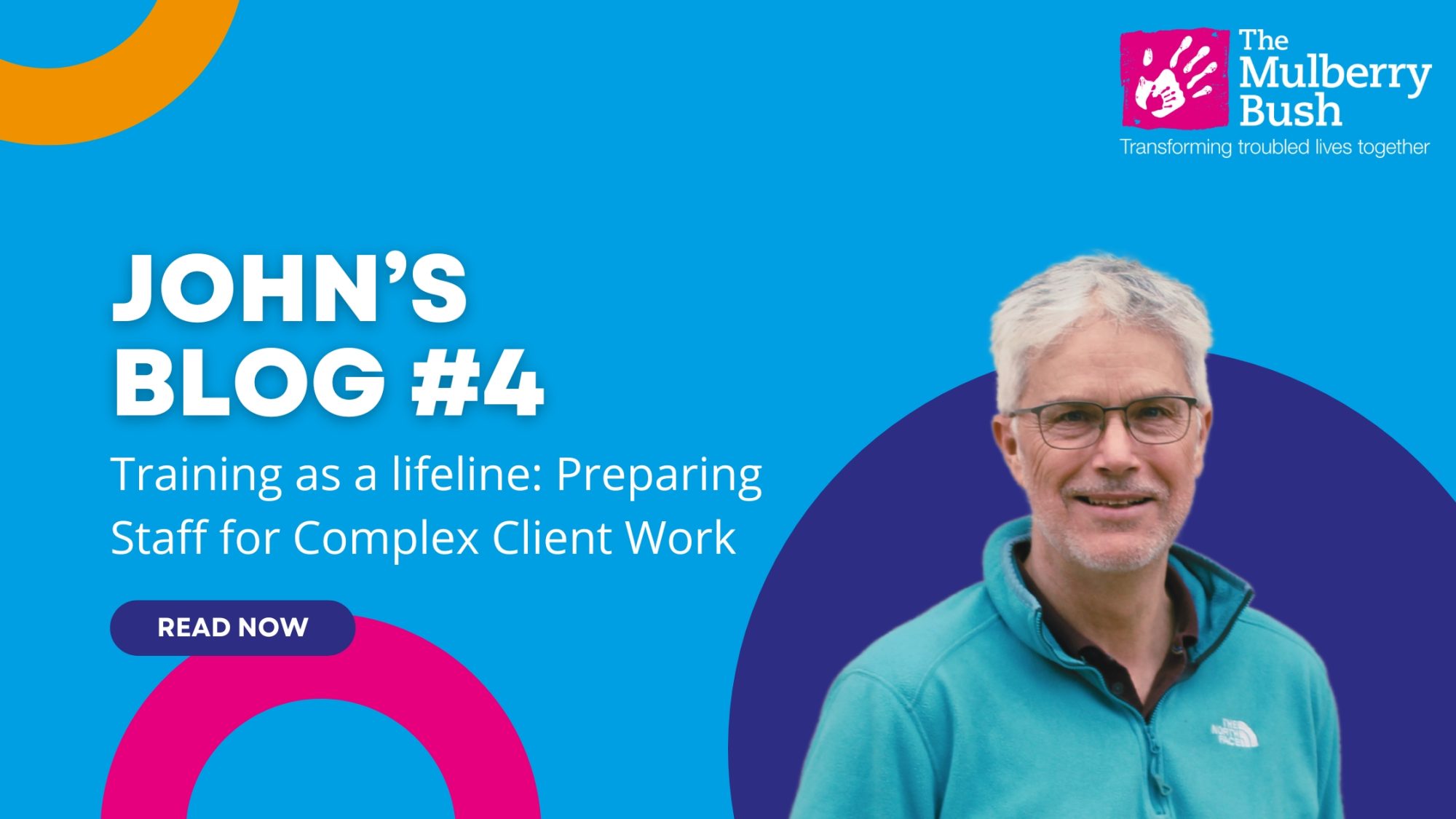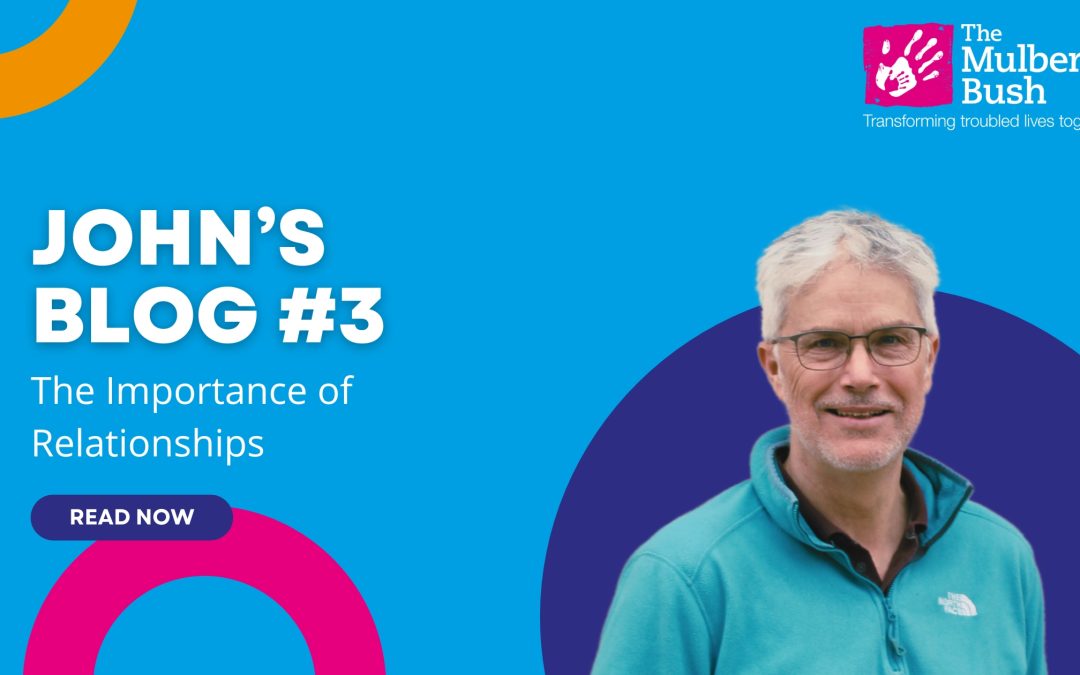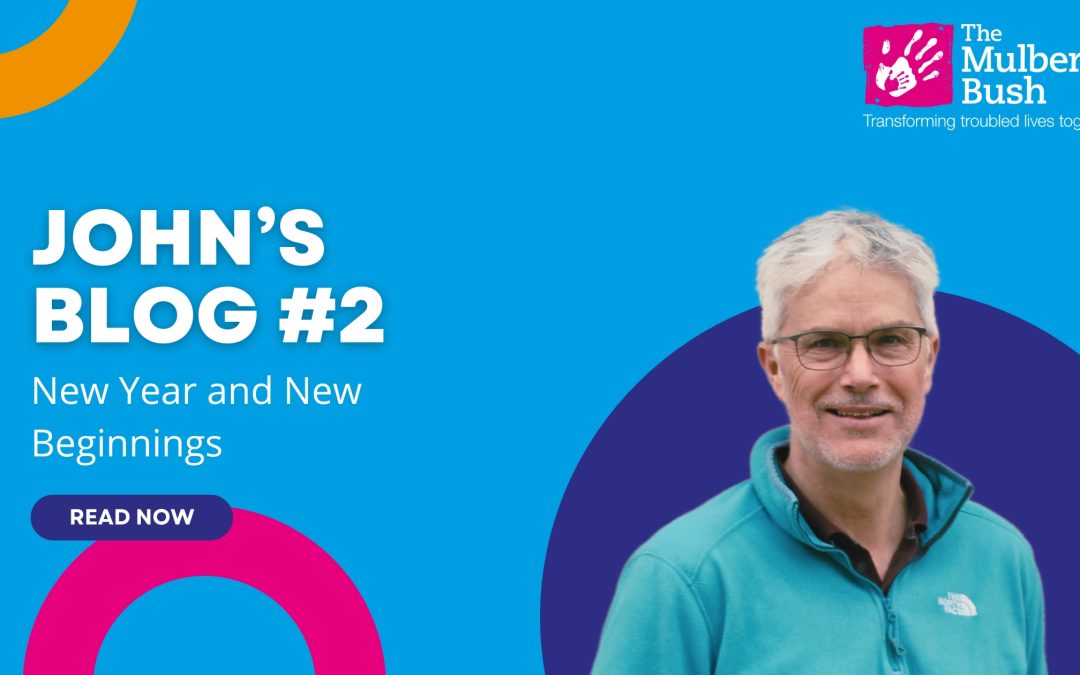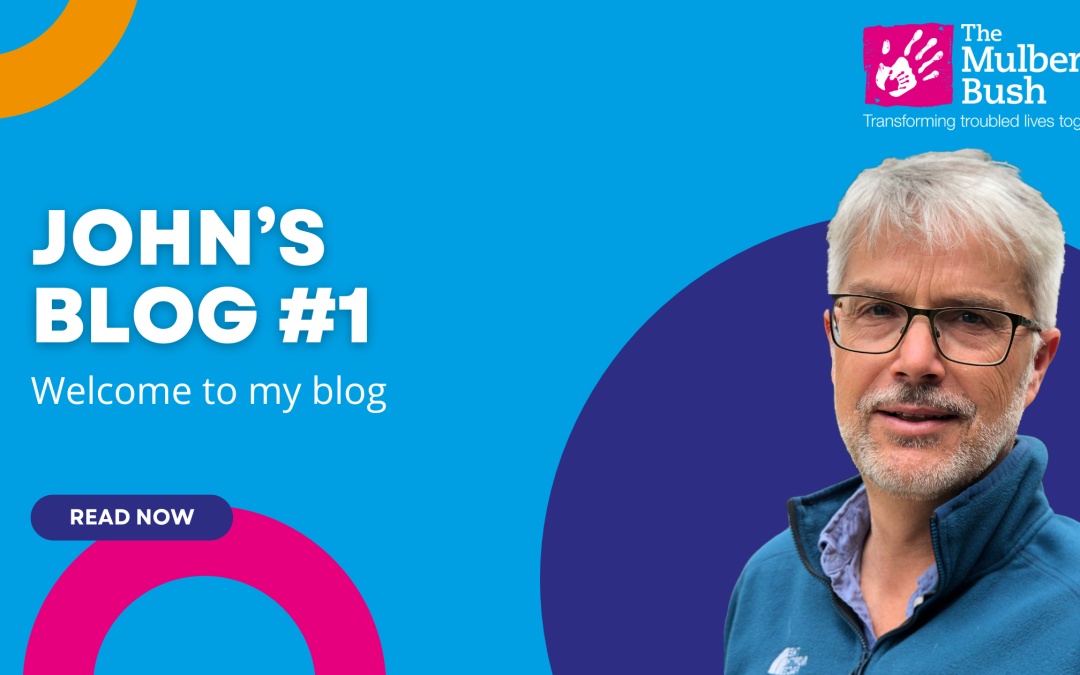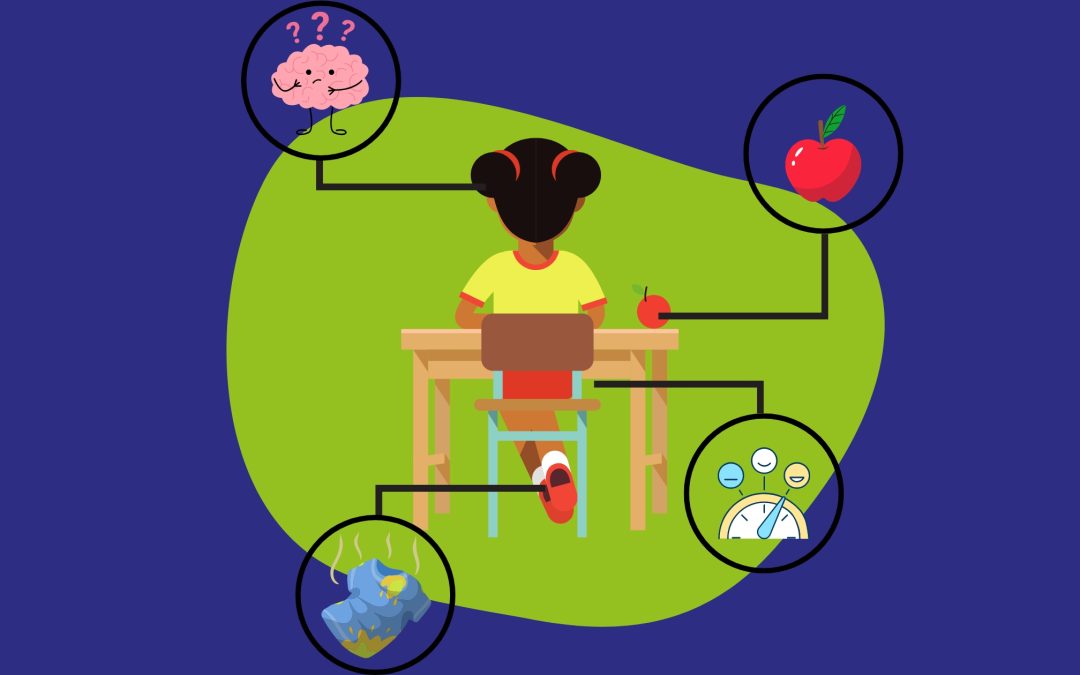Since my last post, I have been thinking about the role of training in therapeutic practice, as this seems to be so live everywhere I visit.
At lunch this week, in our school, I sat at a table where one child was having lunch with a member of the education team. What I experienced and observed was a fantastic bit of work. The staff member was providing focussed, caring engagement and containment of a child with complex SEMH needs whilst they attempted to eat lunch. A child who came to the school with the most limited range of foods they would eat. He was hyper vigilant, anxious, agitated and wanted to leave, dysregulated, but was repeatedly drawn back in by a game of guessing the pattern drawn with fingers by one on the others back.
Simple, engaging, tactile, relational! He ate lunch and then more calmly went out to play football. He allowed her to help him regulate himself. Her game developed trust between them, provided a good feed and was maybe the beginnings of an authentic attachment.
This may have been intuitive relational practice, but at the Mulberry Bush we have learned over time, the value in training our staff, so that their intuitive practice is backed up / reinforced / strengthened / underpinned by an understanding of the theory behind these sorts of interactions and interventions. Behind relationship building.
When I joined the school as a volunteer, I had learned a little about the work in my time at the Stepney Children’s Fund. However, my intuitive approach was soon found wanting in those early days. It served me well initially as I got to know the children, and the ways the school worked as a therapeutic community – but the children soon managed to break through my thin intuitive veneer.
That was emotionally tough, – going from feeling valued to punished / valueless within minutes / seconds.
I needed to learn more, – to understand why and how. To learn how to be more emotionally resilient. Perhaps to understand how through the work, to ensure it was about meeting their needs, – not mine. One of my biggest weaknesses is that I take things too personally. I had to find a way of dealing with this.

As CEO, I have found myself out far more over recent weeks and months, visiting prisons, schools, children’s services, government departments, sector membership bodies.
A common theme everywhere I have been, is the importance of training and in client facing services I have been so impressed by the quality of the people. However, in so many of these services, those working with the client population have little training or support and yet they are looking after, educating, and ‘treating’ some of the most complex, challenging, and vulnerable in society. Not only this but they have to cope with the intense feelings that will be aroused in them through this work. There is just not enough value attributed to training and support.
The series ‘Adolescence’ on Netflix is a great current example of the emotional complexity experienced in the work. It is a powerful communication of both the vulnerability, complexity and challenge experienced from one moment to the next by staff. I’m sure anyone who has watched the series will have experienced the range of powerful feelings I am referring to.
So how do we train people to be able to remain thoughtful about what is going on in the moment, during these sorts of powerful experiences, – so that we can make sense of them for the child / client and ourselves.
At the Mulberry Bush, finding ways of managing this range of feelings, remaining thoughtful about them and being able to use this process in the moment, to inform practice is at the heart of all our work. This reminds me of the phrase, – I think from Vera Fahlberg who use to run a community in the USA, Forest Heights, who spoke about the importance of ‘islands of unconditional giving’. Remembering this has reminded me repeatedly when I may be getting caught up in feelings aroused in me when alongside clients, – feeling punitive, or frustrated. Learning to disentangle yourself in these moments and remain present but thoughtful is the task, so that you can relentlessly return.
In 2017, a research team from University of East London reported that one of the distinctive features of the Mulberry Bush was that:
…. it trains its staff to stay close to feeling states in the children, and to be in touch with, and reflect upon, their own feelings in relation to the work……
This felt an important and helpful observation, by the team.
It reminds me of an excellent paper John Diamond wrote in 2003 when he was director of the Mulberry Bush School called Organic Growth and the Collective Enterprise. This was about emotional distance regulation and how staff need to establish that helpful distance in their relationships with children who have experienced relationships that have been over intrusive, inappropriate, abusive.
In this paper he says: ….we do not want staff to make deep relationships with the children……… we require staff to be observant, creative, sensitive and thoughtful in their interactions with children and to use the team as a reference point for their work…
We focus in our work on behaviour being a communication of something that might be more unconscious, – perhaps an unmet need. We train our staff to think in the moment about this and then adapt their response to the meaning in the communication rather than the behaviour. Our experience is that this can help some sense be made of what is going on for the client and in the relationship and can help shift unhelpful repeating patterns.
This approach informs the work and these ideas give a good sense of how we ask staff to develop through their training an understanding of their work that provides theoretical frame and context to their intuitive practice. This helps us understand how to help those we work with find new ways of relating, – ‘breaking the cycle’ of perpetuating those ways of relating they have grown up with or been used to.
One of the struggles we are spending lots of time thinking about at the moment, is what does this all mean for those staff who were not working directly with clients, – who are not so in touch with that pain and the complexity of developing ways of relating with those who have grown up with complex or dysfunctional relationships in their families, with trauma, adverse childhood experiences. What does it all mean to our finance team, HR, facilities management, administration.
It is easy to think, – well not a lot really, – and yet I was speaking earlier today with a member of one of these teams who attended a visit day at the TC+ wing at HMP Grendon yesterday. Prior to the visit, they weren’t sure whether it was relevant to their role to attend, and they weren’t sure whether it would just be too painful / upsetting. Having done so, they felt they had developed a different understanding about the role and task of the charity, – both the work of the school for primary aged children, – trying to intervene early, through helping those in secondary provision, youth custody and into prisons and probation.
They could see the ‘golden threads’ of the TC model that flowed through all that we do. They saw the similarities in the process and dynamics (my words not theirs) between the school and the prison wing. They saw the children’s needs in bigger bodies. They ‘got it’ in a way that they hadn’t before. A great bit of experiential learning.
This highlights the importance of experiential learning when working in this field, – something that is understood and central to all of our work, internally and through Outreach, Consulting and Research. All staff who come into the charity attend an experiential induction with an overnight stay. It is this sort of learning opportunity that is central to everyone’s understanding the culture and values of the Bush.
This experiential learning is also embedded in our Level 5 Foundation Degree, – the Level 4 qualification and in courses we run for practitioners like the Living and Learning Experience.
And in some ways, this is the area of our work that feels under threat as we grow. It is easily seen as the less important aspect of the work, – a bit woolly and yet learning about yourself and how to be reflective and resilient in the work in the moment is vital for understanding, for staff’s mental health and for retention.
How do we diversify into new services, ensuring that we have robust professional business support and that it remains ‘Mulberry Bushy’ enough. How do we ensure that the culture and values that have been developed over the last 76 years aren’t lost into a model of ‘franchised business opportunities’.
On a positive note, from my recent meetings and connections, there is a common theme across the government departments of professionalising the workforce, – especially for those roles that have been undervalued, – like children’s social care. There seems to be genuine interest in relational practice and understanding that relationships are at the heart of healing hurt minds. I have heard repeatedly on my visits, an understanding that staff need high quality training, and that supervision and reflective practice are fundamental to supporting staffs’ emotional resilience.
We do need to ensure that the workforce working with some of the most challenging and vulnerable in society, have the skills, knowledge, and resilience to engage effectively over time.
I believe as a charity with a valued and valuable heritage and legacy, we have a role to play for these sectors and for the people we serve to hold on to and share the importance of experiential training and learning, professionalising the workforce.
Our work is after all, about people and relationships.
To end this blog with an anecdote, – I wanted to thank our past-pupils network and advisory group who have been supportive and active recently. They add huge value to the development of practice and really help staff and practitioners get in touch with the experiential side of the work. One past pupil was alongside our team at the conference at Oxford Brookes University last week. It was the first time she had ever done such a thing, her testimony was powerful as she spoke about the experience of relationships developed at the Bush being the thing that enabled her to be a mother today, – amazing!
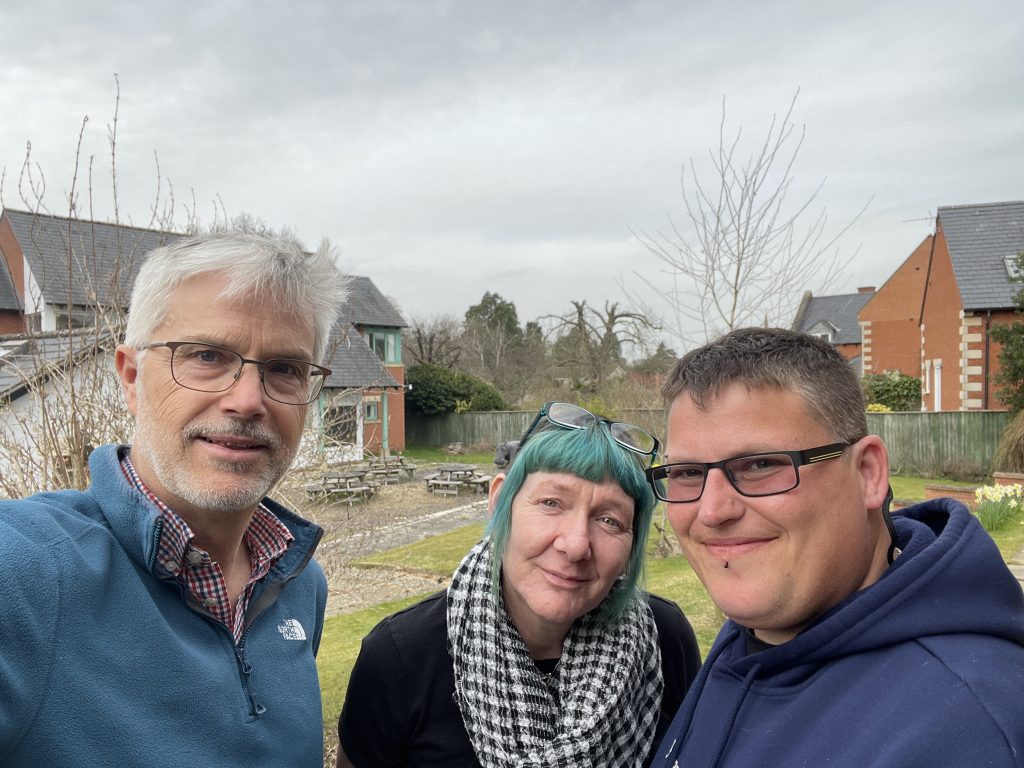
I wanted to ensure that this blog communicated accurately about the work of the charity and that it was authentic in its portrayal of the importance of relational work and training. To this end, I shared it with two past pupils from our advisory group (Shirlee and Taygen in the image above) last week, asking for comment. One replied: “ Your own honesty and candid self-assessment at the beginning is testament to the core teachings and values of the Mulberry Bush”.
We will be working hard to influence the government departments to align with this agenda and do more across all sectors and departments to professionalise our workforce. Our workforce needs quality training that is relational and has at its heart reflective practice and supervision.
We do not need to re-invent the wheel, the knowledge, skills, courses, expertise are all out there already!
